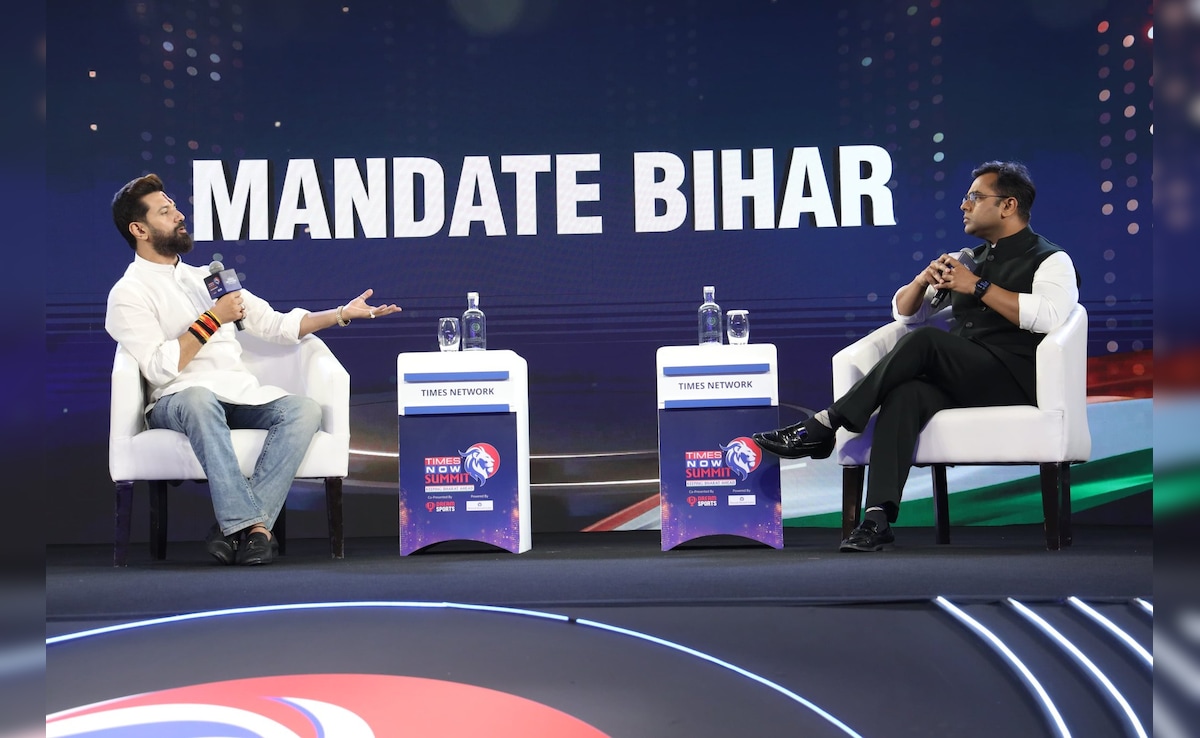Political Tribes: How Party Loyalty Is Tearing America's Social Fabric Apart
Religion
2025-03-27 18:00:22Content

In a groundbreaking new study, researchers have uncovered a startling insight into the social fabric of American society: political party allegiance now stands as the most potent force driving social division, eclipsing traditional fault lines such as race, religion, economic status, and educational background. This finding challenges long-held assumptions about what truly separates Americans and highlights the increasingly tribal nature of political identity in the United States.
The research suggests that party affiliation has become a more powerful predictor of social fragmentation than any other demographic factor, revealing how deeply political polarization has penetrated the core of social interactions and personal relationships. As Americans increasingly define themselves through their political beliefs, the lines between personal identity and political stance have become increasingly blurred.
This unprecedented level of political tribalism raises critical questions about the future of social cohesion and national unity, underscoring the urgent need for dialogue and understanding across political divides.
Fractured Nation: How Political Tribalism Reshapes American Social Dynamics
In an era of unprecedented social fragmentation, the United States finds itself navigating a complex landscape where political identity has become the most potent force driving societal divisions. Beyond traditional demographic markers, political affiliation now emerges as the primary catalyst transforming interpersonal relationships, community interactions, and national discourse.Unraveling the Fabric of American Social Connectivity
The Emergence of Political Tribalism
Political allegiance has transcended mere policy preferences, morphing into a comprehensive identity framework that fundamentally restructures social interactions. Contemporary research reveals a profound psychological transformation where individuals increasingly define themselves not by shared cultural experiences, but through partisan alignment. This phenomenon goes far beyond traditional political engagement, creating deep-rooted psychological boundaries that segregate communities, families, and social networks. The psychological mechanisms driving this polarization are complex and multifaceted. Neurological studies suggest that political identification triggers similar brain responses to religious or cultural affiliations, indicating a profound emotional and cognitive investment in partisan narratives. Individuals are no longer simply supporting political platforms; they are constructing entire worldviews around ideological constructs.Demographic Dynamics and Political Segregation
Traditional demographic indicators like race, income, education, and religious background have been dramatically overshadowed by political identification. Where socioeconomic factors once predicted social interactions and community dynamics, political affiliation now serves as the primary determinant of social connectivity. This transformation represents a seismic shift in societal structures. Interpersonal relationships, professional networks, and even romantic partnerships are increasingly filtered through partisan lenses. The concept of political homophily—where individuals gravitate towards like-minded peers—has evolved from a subtle preference to a dominant social organizing principle.Psychological Mechanisms of Partisan Identity
The psychological underpinnings of political tribalism reveal intricate cognitive processes. Confirmation bias, in-group favoritism, and motivated reasoning contribute to a self-reinforcing cycle of polarization. Individuals selectively consume information that validates their existing beliefs, creating echo chambers that progressively radicalize political perspectives. Neuroscientific research demonstrates that challenging partisan beliefs triggers similar neurological responses to physical threats, explaining the visceral emotional reactions observed during political discussions. This neurological phenomenon transforms political disagreements from intellectual exchanges to existential confrontations.Technological Amplification of Political Divisions
Digital platforms and algorithmic content recommendation systems have exponentially accelerated political polarization. Social media algorithms create personalized information ecosystems that systematically reinforce existing beliefs while minimizing exposure to alternative perspectives. The technological infrastructure of modern communication actively fragments societal discourse, creating increasingly narrow ideological corridors. Machine learning systems optimize for engagement, inadvertently promoting more extreme and divisive content that further entrenches political tribalism.Implications for Social Cohesion
The dominance of political identity poses significant challenges for national unity and democratic functionality. Traditional mechanisms of social compromise and collaborative problem-solving are increasingly undermined by rigid partisan boundaries. Sociological models suggest that this unprecedented level of political fragmentation could fundamentally reshape institutional structures, potentially challenging long-established democratic norms and collaborative governance mechanisms.Potential Pathways for Reconciliation
Addressing this profound social challenge requires multifaceted strategies emphasizing dialogue, empathy, and structural interventions. Educational initiatives, cross-partisan communication platforms, and psychological interventions targeting cognitive biases represent potential mechanisms for mitigating extreme political polarization. Rebuilding social connectivity demands a nuanced approach that acknowledges the complex psychological and technological dynamics driving contemporary political tribalism.RELATED NEWS
Religion

Faith, Funding, and Freedom: Supreme Court Confronts Catholic School's Landmark Case
2025-04-30 20:29:28
Religion

Breaking Barriers: The Rise of Young Muslim Women Reshaping Germany's Social Landscape
2025-03-29 09:08:32






